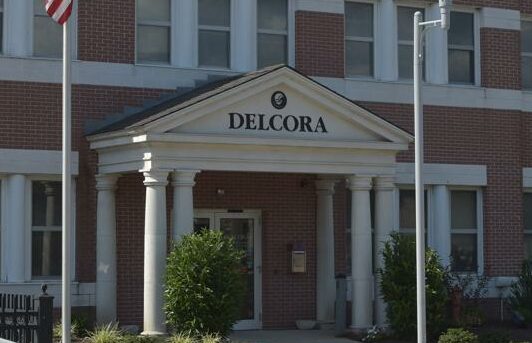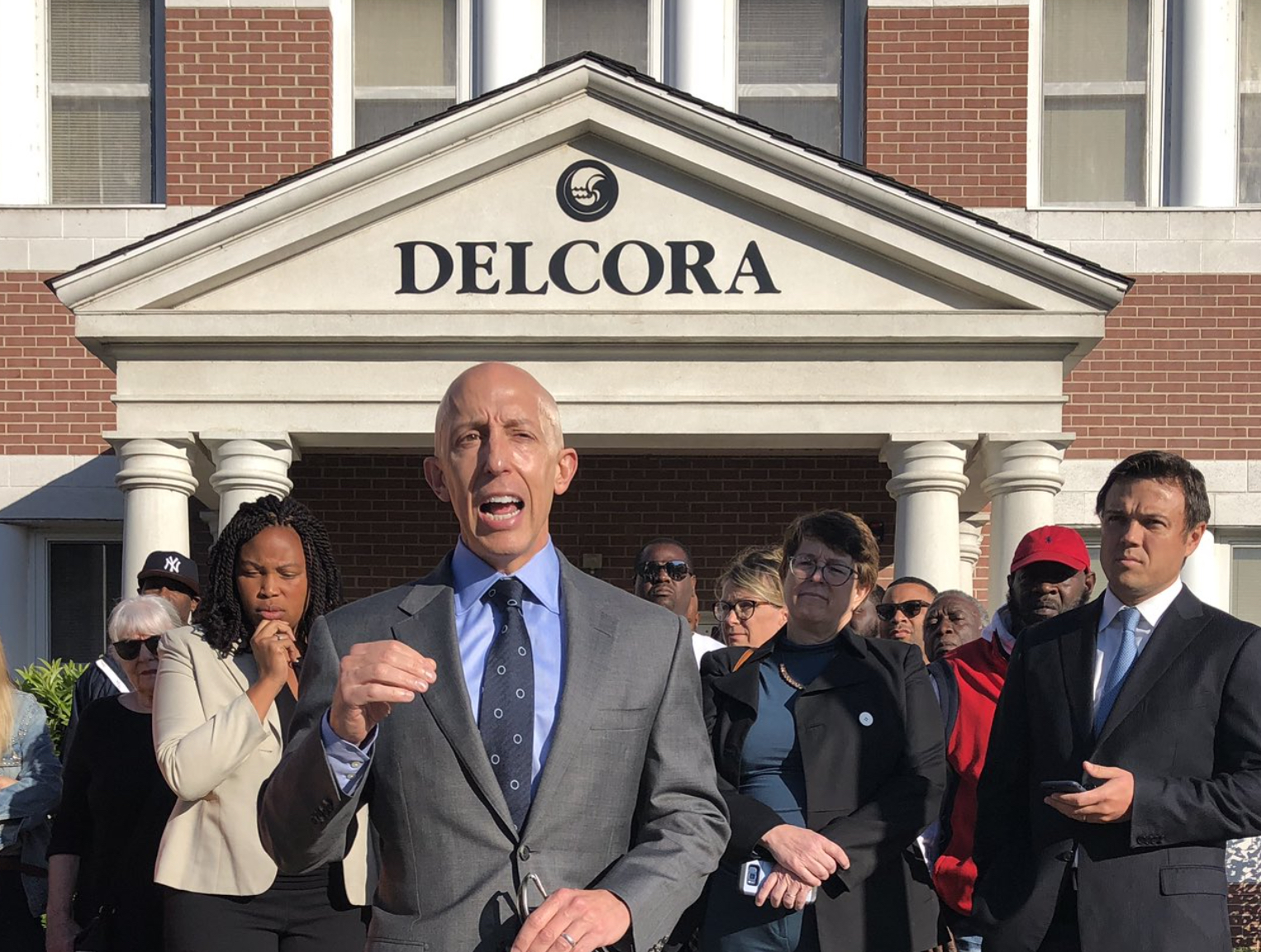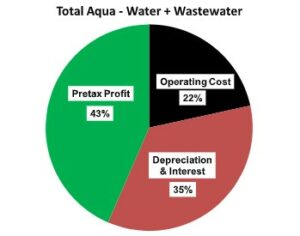Rongione’s Appointment to County Job Sparks Patronage Complaints

The Delaware County Council appointed two former Upper Darby officials to plum positions at its last meeting.
Vince Rongione, who was the township’s chief administrator, was appointed as county register of wills, and its former mayor, Barbarann Keffer, was appointed to the board of Delcora. Also appointed to Delcora’s board were former county solicitor William Martin and Kenneth Schuster, the City of Chester solicitor.
Former Upper Darby Council President Brian Burke said Rongione and Keffer’s appointments are “political patronage.”
“It’s a political patronage job,” said Burke, about Rongione’s appointment to the $47,000 a year opening for register of wills. The previous register, Rachel Ezzell Berry, was elected to the Common Pleas Court bench in November.
Keffer did not seek re-election as mayor in the wake of a DUI arrest.
“I thought the Democrats wanted to take over the county because of the Republicans’ did it (patronage),” said Jeff Jones, an Upper Darby resident and Republican who ran for county council. “But there was never patronage like this. It seems to me the Democrats are doing exactly what they accused the Republicans of doing.”
Rongione had “shown he was inept at his job,” said Jones. “Hopefully, he’s not inept as register of wills.”
Rongione said he stepped down for family reasons. However, his tenure at the Upper Darby helm was marked by controversy. In February 2022, the township treasurer told the township council, alleging that the balance of some bank accounts were lower than they should have been. At issue was $41 million in funding from the federal American Rescue Plan Act, or ARPA.
A bipartisan group of six council members tried to fire Rongione. Rongione, a lawyer, then sued Upper Darby.
In June 2022, an auditor found no problems with the township’s handling of ARPA funds, but a group on the council continued to press for more information, saying the auditor did not have access to all the township’s accounts. A second audit also found no money was missing. In the end, the money was not gone but comingled with other accounts, the treasurer said.
Burke, who switched parties and ran for mayor as a Republican, also accused Keffer of holding up funds for various projects by refusing to sign off on the council’s legislation.
“I’ve always been passionate about public service,” said Rongione. “And (being a register of wills) is a great way to showcase how the government can help people through important transitional moments in their lives. We also do marriage licenses, in addition to estate and will functions. So it’s really a great opportunity to help folks navigate these important transitional moments.”
As for his critics, Rongione said, “There’s always going to be partisan political nonsense.”
“I went through a thorough vetting process in order to obtain the position, and I’m tremendously grateful for the vote of confidence and I look forward to the opportunity to prove myself in a less contentious environment to anyone who might be skeptical.”
Rongione is a graduate of Villanova University and Villanova law school. He also holds a certificate in mediation.
Council Chair Monica Taylor, Ph., said they interviewed all the candidates separately, and she was very impressed with Rongione.
“I am very supportive of his application,” said Taylor. “He seemed to have the best answers and the managerial experience. I’m looking forward to having him serve as the register of wills, and hopefully, he’ll run for (the office) in 2025.”.
But Terry Tracy, chair of the Upper Darby Republican Committee, disagrees with that assessment.
“Vince Rongione’s appointment to county-wide office is a classic example of failing up,” said Tracy. “The only way it is possible that he was the most qualified candidate for this role is if he was literally the only candidate county council considered, and even that’s being overly generous. Given his unfortunate resume…every dime he is paid in this job should be considered by Delaware County taxpayers, to borrow a phrase coined by Delco Democrats, a ‘corruption tax.’”
Councilwoman Elaine Paul Schaefer said she would not support Schuster’s appointment because she backed another qualified person and was concerned about a conflict since he is the Chester solicitor.
“Whether it’s legal or perceived, it’s not clean,” said Schaefer, who noted that Martin had similar skills as an experienced attorney.
Adrienne Marofsky sent this response to a question regarding political patronage, “As with all hiring and appointments by the County, these appointments were made on the basis of appropriate experience and suitability for the position following careful consideration by Council.”
Lawyer Frank Catania, who used to represent Delcora, said about the new appointments, “Obviously, they’re people that Delaware County Council has a lot of confidence in.”
Delcora board members are compensated. However, a spokeswoman for Delcora did not respond when asked how much board members are paid.





